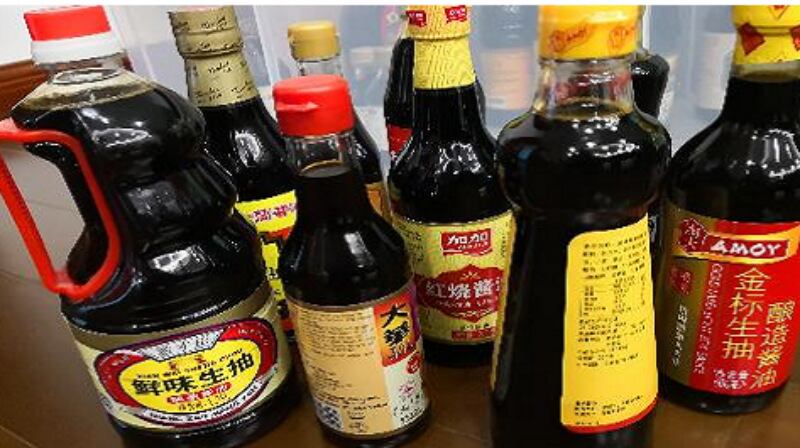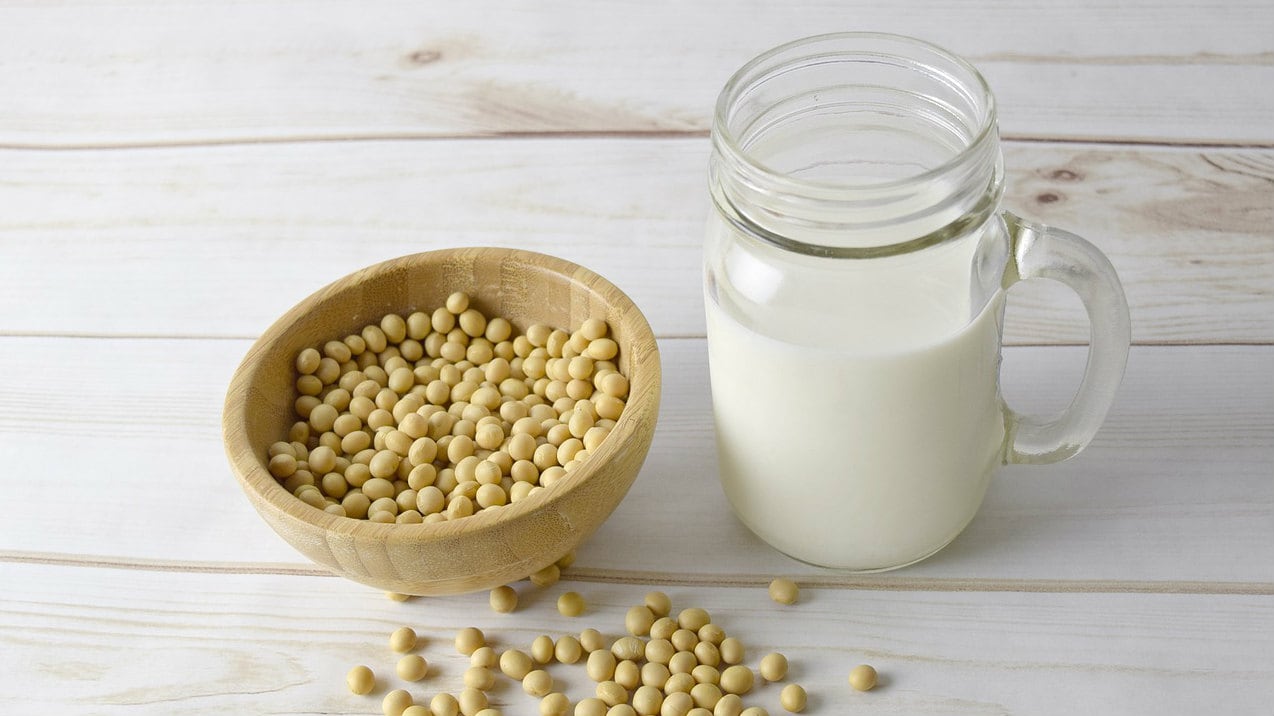According to market intelligence agency Mintel, over the last six months 94% of urban Chinese consumers have opted to reduce their salt intake, a significant departure from traditional Chinese cooking styles that have a strong emphasis on flavour and taste, usually derived from high salt and seasoning content.
This was observed in efforts such as 55% of consumers reducing the amount of salt used in cooking, 37% reducing monosodium glutamate (MSG) use, 36% reducing soy sauce use, and 38% reducing their consumption of processed foods.
“Driven by increasing health concerns, Chinese consumers are taking care over their diets and trying to avoid ‘bad’ elements like salt and MSG,” said Crystal A, Food and Drink Research Analyst, Mintel China Reports.
“Although it is likely that majority of consumers don’t exactly know the daily recommended salt intake, it seems that most actually understand the dangers of a high-salt diet and are trying to limit their daily intake.”
Crystal added that the levels of knowledge and alertness with regard to product information is also on the rise amongst Chinese consumers, a situation that food companies can utilise when planning marketing campaigns.
“Consumers’ increasing awareness of their salt and MSG consumption is also affecting how they are using and purchasing the type of seasonings.
“Brands should look into MSG-free flavour enhancements and leverage them, particularly through their marketing efforts, as consumers become more sensitive towards product information,” she said.
The ‘clean label’ trend also falls under the area of health awareness here, along with Genetically Modified Organism (GMO) concerns.
“Today’s consumers are no longer willing to compromise on health for better flavours, and this has made clean labels pivotal in their daily diets. For instance, they focus on whether the product contains GMO ingredients and MSG, and whether it has a high content of salt,” added Crystal.
“As such, soy sauce, and other seasoning brands, can look into launching products featuring clean label and zero additives to fill the gap in the Chinese marketplace.”
Food manufacturers heed trend
Indeed, food brands both locally and internationally have shown awareness of this rising trend and responded with products lower in salt and/or MSG.
A clear example is that of soy sauce, which is seeing increasing numbers of light-/no-salt options appearing in the market. Soy sauce is one of the country’s most-used condiments, almost considered a staple in some forms of Chinese cooking.
Mintel revealed that 33% of married consumers with one child will consider whether a soy sauce (dark or light) contains GMO ingredients before purchase, while just 25% of married couples without children do the same. This shows that clean label is particularly important when it comes to marketing to parents.
In addition, 25% of married consumers with a child will consider the level of sodium/salt content in soy sauce and 24% consider whether it has MSG before purchasing.
Haitian Food, one of China’s largest soy sauce producers, has a variety of options in this area. Its ‘extra-extra less’ salt option has 20% less salt than its classic products.
“5ml of this soy salt has just 1g of salt, and the dishes produced using this taste even better than using salt directly,” claimed Haitian to local province media zgjxrx.com.
“We did not dilute the soy sauce with water, but instead used suitable and moderate technology throughout the production process to control the salt level.”
Haitian also has a completely salt-free option and less-salt option, marketed under its brand TIME.
Major competitor Lee Kum Kee also has several healthier options, including two no-preservatives-added soy sauces (regular and premium), and its ‘Less Salty’ soy sauce with 25% less salt than regular variants.
In addition, the company has declared many of its other products including stir-fry sauces to also be ‘cholesterol free and contain no artificial flavouring, preservatives or colours’.
That said, Lee Kum Kee in China was recently faced with a significant setback last year when its products were amongst 29 samples tested by the Jiangsu Consumer Council and found to fail the country’s production standards.
Lee Kum Kee responded by requesting a repeat testing, which the council turned down.
“In 26 Sep 2017, Lee Kum Kee sent samples from the same production batch to the Inspection Technical Centre of Zhuhai Entry-Exit Inspection and Quarantine Bureau for testing,” said the company in a statement.
“Results showed that the amount of sodium was within acceptable range. Lee Kum Kee informed Jiangsu Consumer Council this information and hope to conduct another round of testing, but was not granted permission.”
Japanese soy sauce giant Kikkoman also has a successful low-salt version which uses the soy peptide protein and contains 50% of regular salt content.
Soy peptides are believed to benefit blood pressure levels, and according to Nikkei Asian Review Kikkoman initially released the low-salt version as a ‘niche product’ targeted at high blood pressure patients or those interested in prevention.
The innovation process involved “more than 15 sections across the company, including marketing, procurement and fermentation teams,” said Ryohei Tsuji, Head of production development, Kikkoman Food Products.




